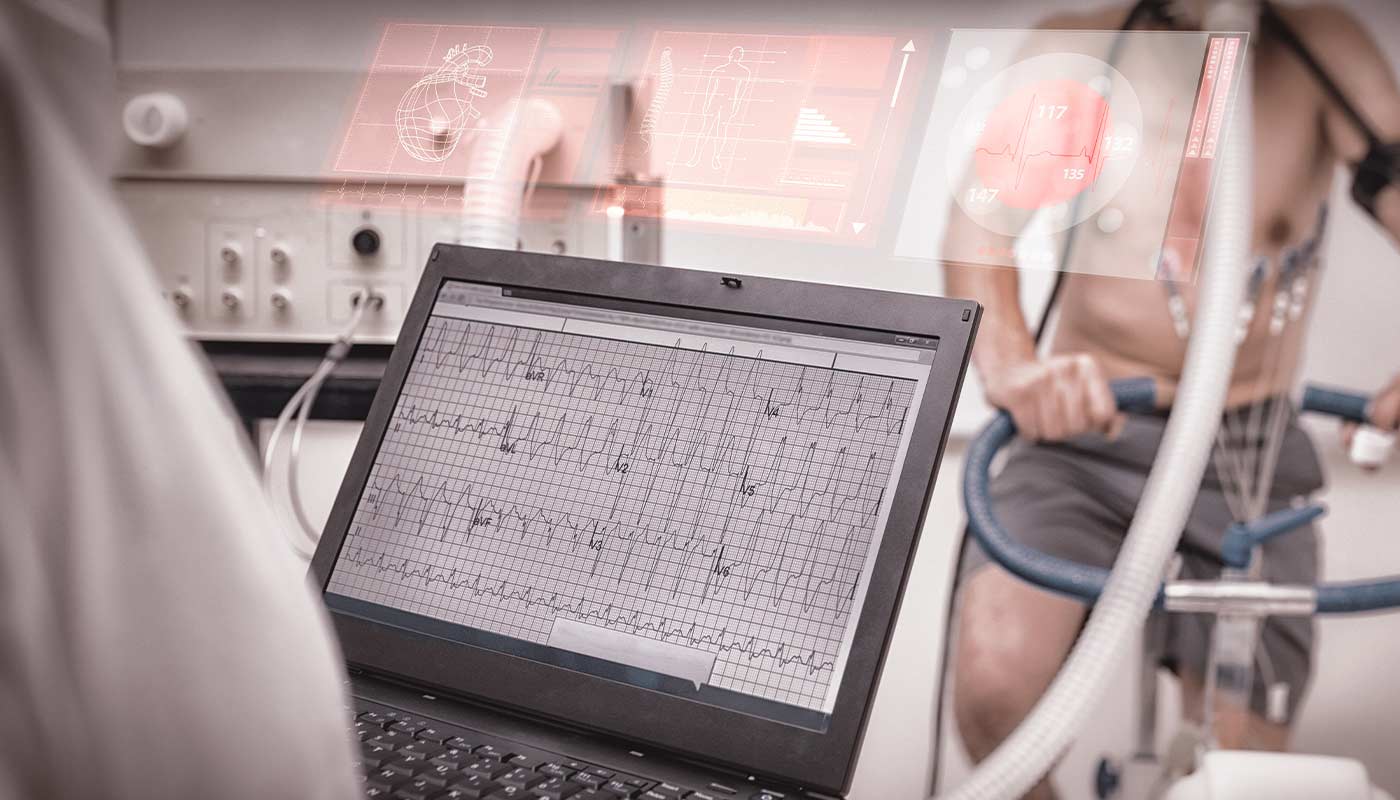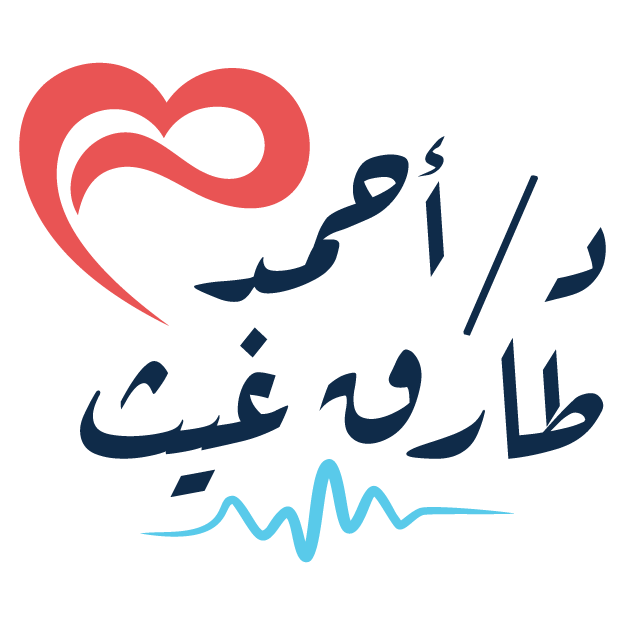
Stress Test (Exercise ECG)
A stress test, or exercise ECG, is a medical examination designed to assess heart performance during physical activity. It helps detect heart problems that may not be apparent at rest, such as coronary artery disease. Continue reading to learn all the details related to this test.
Why Do Doctors Request a Stress Test?
Doctors may recommend a stress test for several reasons, such as:
Assessing Heart Function
This test helps evaluate the heart’s ability to pump blood and determines whether it receives an adequate blood supply during activity.
Determining Fitness Level
The test can measure physical fitness compared to others of the same age and gender. It is also used to assess fitness levels in individuals who exercise or plan to engage in intense physical activities.
Diagnosing Heart Diseases
This test assists in diagnosing various heart conditions, such as coronary artery disease, heart valve disease, congestive heart failure, and issues related to heart rhythm, such as arrhythmias, which may cause the heart to beat too fast or too slow.
Evaluating Treatment Effectiveness
For patients diagnosed with heart disease, this test can evaluate the effectiveness of treatments or help determine the most suitable treatment based on the results.
Assessing Cardiac Fitness Before Surgery
Doctors may require a stress test before certain heart surgeries, such as valve replacement or heart transplant, to ensure the procedures are appropriate for the patient.
Types of Stress Tests
There are several types of stress tests. Below is a brief overview of some common types:
Traditional Stress Test
The most common type, this involves walking on a treadmill or using a stationary bike to gradually increase heart activity while recording the heart’s electrical activity through electrodes attached to the body.
Stress Test with Ultrasound (Echocardiography)
This test combines the traditional stress test with ultrasound imaging of the heart before and after exercise to evaluate blood flow efficiency and the heart’s muscle and valve functions.
Nuclear Stress Test
This test involves injecting a safe amount of radioactive material into the bloodstream, which is then tracked using a special camera to image blood flow in the heart muscle at rest and during exercise. A cardiologist compares blood flow during both phases, with reduced flow indicating a blockage in one or more coronary arteries.
Contraindications for a Stress Test
Here are some conditions where a stress test may not be recommended:
- Diagnosis of coronary artery disease or previous treatment for this condition without any new symptoms for years.
- Patients with certain heart conditions, such as chronic chest pain, aortic dissection, or aortic valve stenosis, making the test unsafe.
- No history of coronary artery disease risk factors or related symptoms.
- Low risk for heart disease, including individuals who do not smoke, engage in physical activity, and follow a heart-healthy diet.
Preparing for a Stress Test
Your doctor will provide specific instructions before the stress test. Preparation steps include:
- Avoid eating, drinking, or smoking for several hours before the test as directed by your doctor.
- Avoid caffeinated drinks like tea, coffee, and energy drinks for 24 hours before the test, and refrain from taking over-the-counter medications.
- Avoid prescribed medications the day before the test, such as beta-blockers and asthma inhalers, but consult your doctor about all medications to discontinue beforehand.
- Wear comfortable, loose clothing and sturdy shoes for walking.
Conducting the Stress Test
The test typically lasts between 10 to 15 minutes and involves the following steps:
- Electrodes are placed on the patient’s chest, and sometimes on the arms and legs. Shaving may be necessary in these areas to ensure the electrodes stay in place.
- The patient begins walking on a treadmill or using a stationary bike, with exercise intensity gradually increasing.
- The heart’s electrical activity is continuously recorded, along with blood pressure, pulse rate, and oxygen levels.
- During the test, the patient should inform the nurse or doctor if they experience symptoms such as dizziness, fatigue, severe shortness of breath, or moderate to severe chest pain, to stop the test.
- After completing the exercise, the patient will be asked to relax while the heart is monitored for a few minutes until it returns to its normal state.
Results of the Stress Test
Stress test results help guide or adjust the treatment plan for patients with heart disease. If the heart functions efficiently, further tests may not be required. However, if the test indicates the possibility of coronary artery disease, the doctor may order a test called coronary angiography to visualize blockages in the heart’s arteries.
Sometimes, even when results appear normal, symptoms may persist. In such cases, the doctor may recommend additional tests, such as a nuclear stress test or a stress test with ultrasound imaging, to provide more details about heart function.
In conclusion, a stress test is an essential diagnostic tool to assess heart performance during physical activity, revealing heart conditions and aiding in adjusting treatment plans if necessary.
Resourses
https://my.clevelandclinic.org/health/diagnostics/16984-exercise-stress-test https://www.mayoclinic.org/tests-procedures/stress-test/about/pac-20385234 https://www.healthline.com/health/exercise-stress-test
